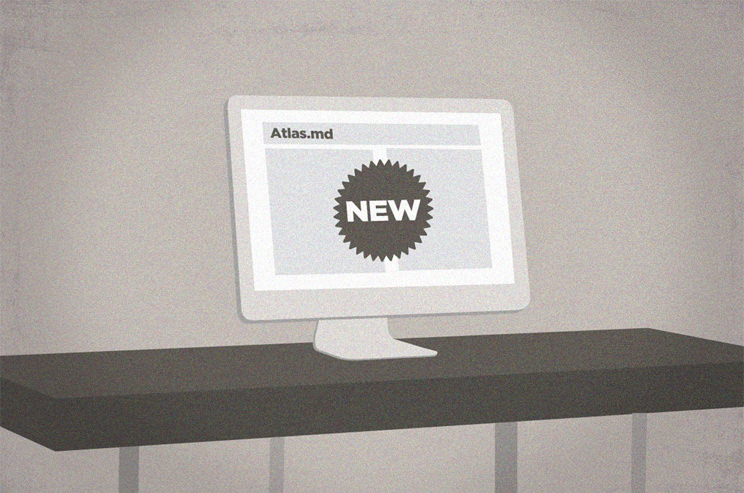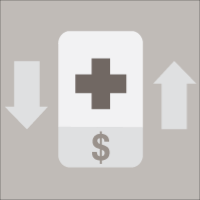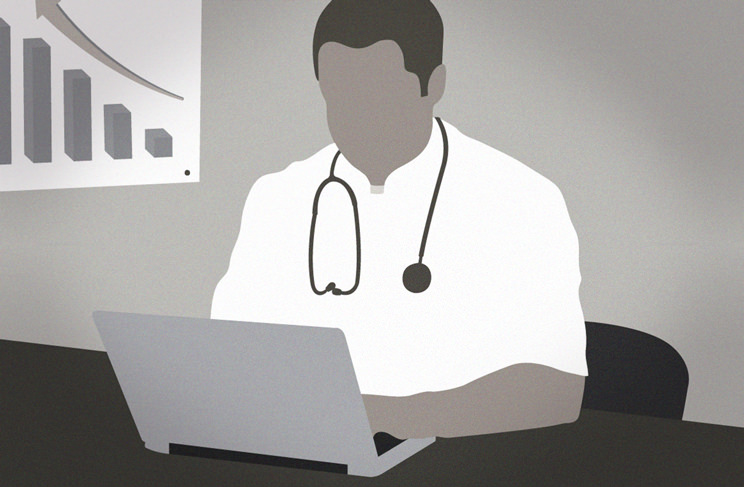 The name of the game is efficiency. Not speed. Not money. Not “let’s-see-how-many-people-we-can-fit-through-the-door-today.”
The name of the game is efficiency. Not speed. Not money. Not “let’s-see-how-many-people-we-can-fit-through-the-door-today.”
In DPC, a really big part of your goal is to do what you do well in a way that allows you to spend more time with patients. It’s that simple. It’s also the theme of this new feature release announcement.
Pay for Multiple Items at Once.
Allow your patients to pay for one single line item, or several all at once with the new multiple payments feature. Your point of sale process just got a lot easier for you and your patients. Learn how over here.
Better Patient Name Recognition.
Atlas’ code just got a little smarter. Now the algorithm will recognize when certain names might sound the same, and will flag them accordingly. For example, Johnson = Jonson = Johnsen. Slick, isn’t it?
Here’s the cherry on top. Now Atlas also does a better job of alerting you to double check you’re in the right spot if a name is flagged as ambiguous. We bet you won’t miss the alert flag up by the patient’s name…
 Grandfathered Pricing.
Grandfathered Pricing.
Your practice will likely change shape a bit over the years, and that’s a good thing. Now you can update your pricing tier structure to accommodate for bringing in new patients at a higher monthly rate while allowing your existing patients to continue paying their current monthly fee.
You know the drill – it’s grandfathered pricing, and now Atlas has it. Get the details over here.
More Detailed Dispense History and Exported Report.
Atlas has added more data to the dispense history page and the dispense history report. This will be super helpful when you’re working with state agencies from a compliance perspective. Also, it means fewer clicks for you when you’re checking the items you’ve been dispensing. Win-win.
Better Bank Transfer Exports.
Your bank transfer export now features all the deets, including all payments involved in each payout.
 This’ll be helpful for reconciliation work, or if you’re just looking up the status of each payment.
This’ll be helpful for reconciliation work, or if you’re just looking up the status of each payment.
NDC Tracking on Allergies.
Now you can use the drug autocompleter when you’re entering an allergy. And if you pick an item from said autocompleter, it’ll be tracked as a drug allergy. Why this change? You guessed it – it’ll make your data entry process easier since you can choose from an autocompleted list.







